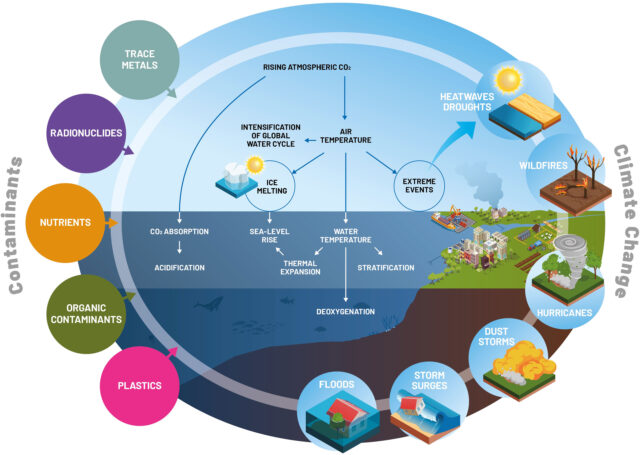Recent Breakthroughs in Climate Science
In a groundbreaking development, scientists have made significant strides in understanding the complexities of climate change and its far-reaching effects. The latest research highlights the urgent need for global action to combat rising temperatures and environmental degradation.
Key Findings
The research conducted by a team of international climate experts reveals critical insights into how various factors, such as human activity, deforestation, and industrial pollution, contribute to the acceleration of climate-related phenomena. They found that:
- Global temperature averages have increased by approximately 1.2°C since pre-industrial times.
- Extreme weather events, including storms, droughts, and floods, are becoming increasingly frequent due to climate change.
- Carbon dioxide levels in the atmosphere have reached unprecedented highs, primarily driven by fossil fuel combustion.
Impact on Ecosystems
One of the most concerning outcomes of climate change is its impact on biodiversity. Species extinction rates are accelerating, with many plants and animals unable to adapt quickly enough to the shifting environments. According to the study:
- Over 1 million species currently face the risk of extinction within the next few decades.
- Coral reefs, vital to marine life, are projected to decline by 70% to 90% if global warming exceeds 1.5°C.
- Deforestation is contributing significantly to habitat loss, further putting biodiversity at risk.
Global Response and Mitigation Efforts
In light of these findings, world leaders are being urged to intensify their commitment to reducing greenhouse gas emissions. The research emphasizes the role that sustainable practices can play in mitigating climate change effects. The following table summarizes the primary strategies recommended for immediate implementation:
| Strategy | Description |
|---|---|
| Renewable Energy | Transitioning to wind, solar, and other renewable sources to reduce dependence on fossil fuels. |
| Reforestation | Planting trees to restore natural habitats and absorb carbon dioxide from the atmosphere. |
| Sustainable Agriculture | Implementing eco-friendly farming practices that minimize environmental impact. |
Conclusion
This new body of research serves as a crucial reminder of the urgent need for comprehensive climate strategies. As the scientific community continues to unveil the profound effects of climate change, it becomes the collective responsibility of individuals, businesses, and governments to take meaningful action for the preservation of our planet.














